Dave Hollister started Sundance Power Systems in Weaverville, North Carolina, back in the ’90s, driven by his passion for environmental activism. As a PV pioneer, Hollister learned how to work with regulators and other stakeholders early on to push for solar-friendly policies and incentives.
In this episode of the Contractor’s Corner podcast, Hollister talks about how Sundance has succeeded as a legacy solar company in the Southeast. An edited portion of the interview is below, but be sure to listen to the full podcast for more insight on how Sundance worked with Duke Energy to negotiate fair terms during the latest North Carolina net-metering debate.
Find the Contractor’s Corner podcast on your favorite podcast app. Thank you to this month’s sponsors, Scanifly and WAGO.

Scanifly is the only drone-based solar software focused on automating the survey and design stages of your solar project’s life.

From high-performance automation products to the best-in-class PCB connectors and rail-mount terminal blocks, WAGO has the most reliable products at higher current and voltage levels for your energy applications.
Solar Power World: Your company was founded in 1995 in a 75-ft2 laundry room?
Dave Hollister, president & CEO: Back then, there wasn’t really a solar industry. That didn’t exist. Essentially, all solar up to that point was solar thermal. So I just got a crazy idea that I wanted to do solar [PV], and here we are, 28, 29 years later.
How was it when you started? Did you have to educate a lot of people about the technology?
I think the first thing was we had to educate ourselves. We had a close network of people, which included Solar Energy International, an incredible organization that really helped fortify and train a lot of people. And then you had the folks out in California that were on the forefront of some of the grid-connected stuff. So it was a really close network of installers that all talked together and we were trying to bring solar to a level where we felt comfortable being able to support it, within the context of the jurisdictions, the inspectors and creating codes throughout the country.
What has been the key to your longevity?
I think it’s been tenacity. Where I started in solar came from being involved in environmental activism for many years. And it even stretched back before that, where I just realized pretty much all life forms on the planet use the sun as their source of energy. The whole ecosystem and all this incredible complexity of life on this planet has been driven by the sun. So that was just a cornerstone of why I felt like I wanted to start the company back then.
It’s been really a love of my life, quite frankly. I’m here to do what I do, and it’s going to take a lot to get me off of that. It has been hard; it’s not been easy. I think my activism helped me, because I knew what it took to go after the ozone holes and companies dumping toxins into the rivers, and I know what it takes to move the needle of society and the corporate world. I really felt like this was the way I could pursue that ethos within myself, while doing something that was proactive and positive and creating a new future for ourselves.
The activism piece is also interesting because this is a unique industry where companies kind of have to be activists to make sure that solar policy goes in the right direction.
I don’t know that a lot of companies actually do that. Sundance has had to do that. Within the first year of when we started the company, we negotiated the first net-metering agreement in the state of North Carolina, with the local co-op. Back then it was super easy. We sat around our dining room table and had coffee and doughnuts and negotiated the first net-metering agreement in the state. Fifteen years later, they redrew the net-metering agreement, and now it’s a little more of a battle to gain the ground that we need. And so I guess I want to requalify it. I don’t know if activism is necessarily the right word, but cooperation and communication. The bottom line is, we created the utility industry, we all ask them to do what they’re doing, and they’ve done a really good job. In North America and the United States, we have some of the best grids in the world. It’s just that now we are asking them to do something different.It’s really challenging because they built up these huge businesses, these massive income streams and all this power that they wield. And we’re asking them to do something different. So I think we always have to approach this transition from a place of respect and understanding that it’s not going to be easy for them to transition. Just like it’s hard for us to transition — to buy a solar system for $30,000 or $40,000 is not an easy thing. I think having a really good perspective and understanding the compassionate consumer perspective, and what it’s really taking to move our collective societies toward sustainability, is the foundation that we have to have if we’re going to engage utilities. They’re not going to win all the time, and we’re not going to win all the time.
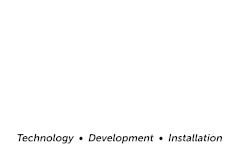
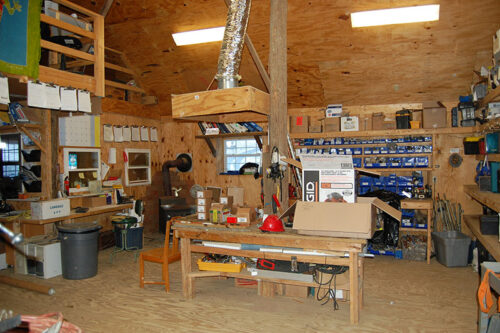
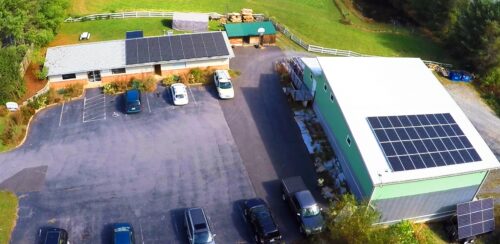
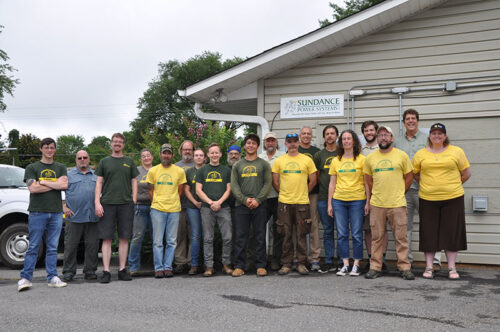
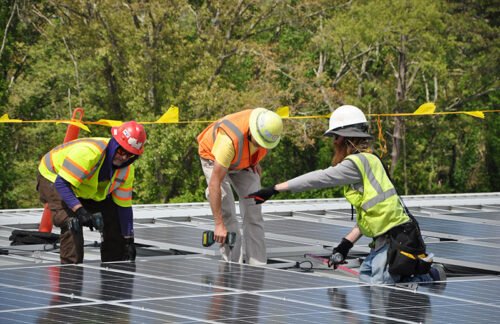
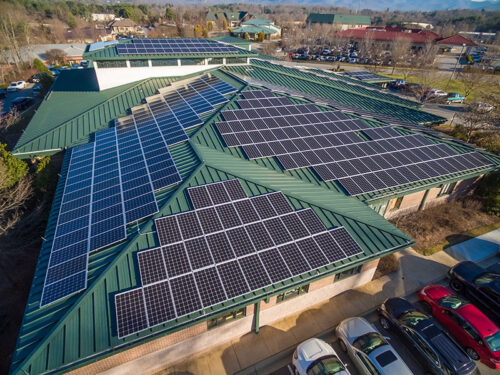

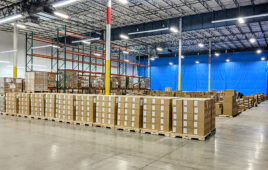

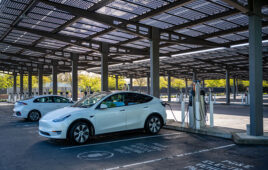
Tell Us What You Think!